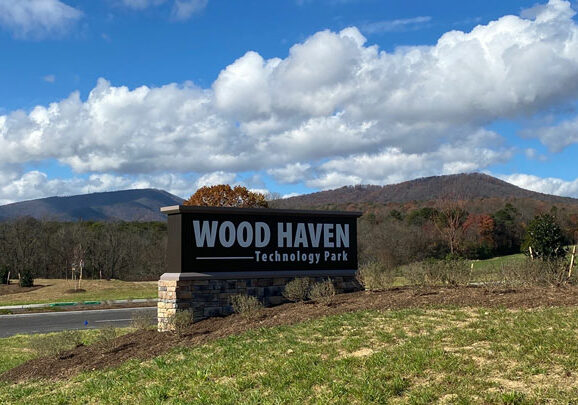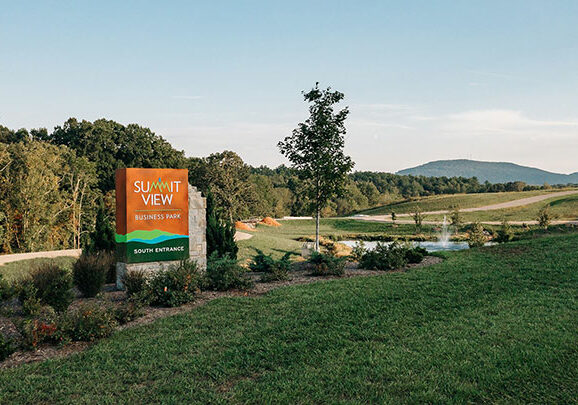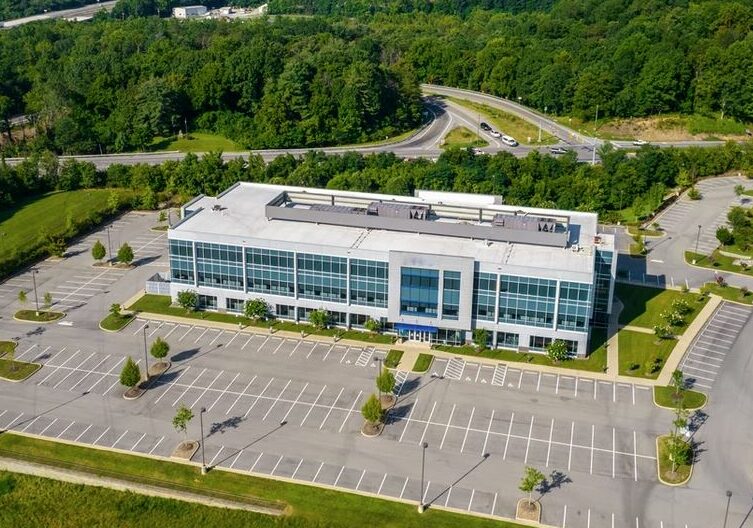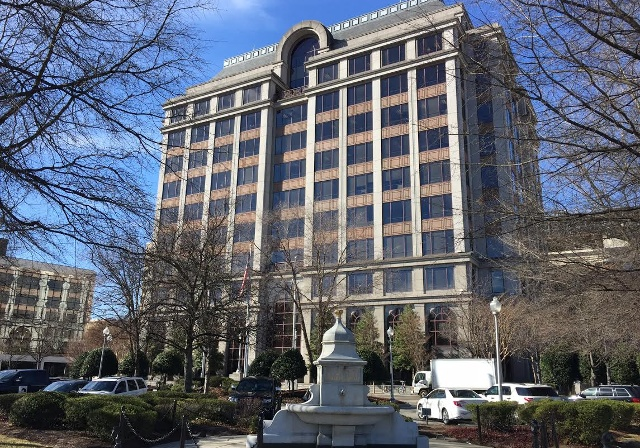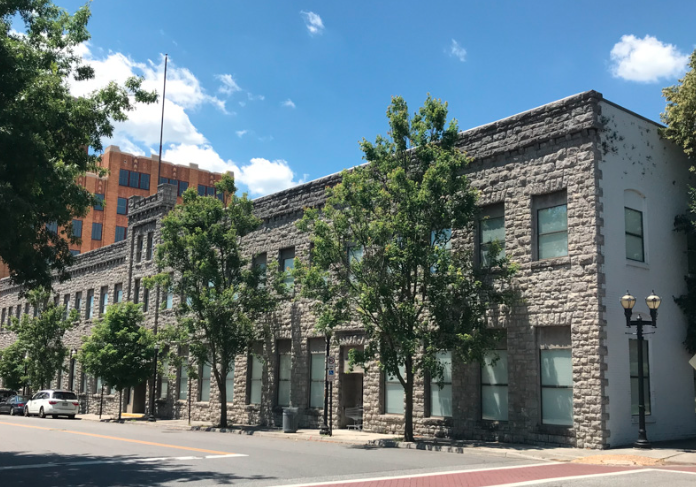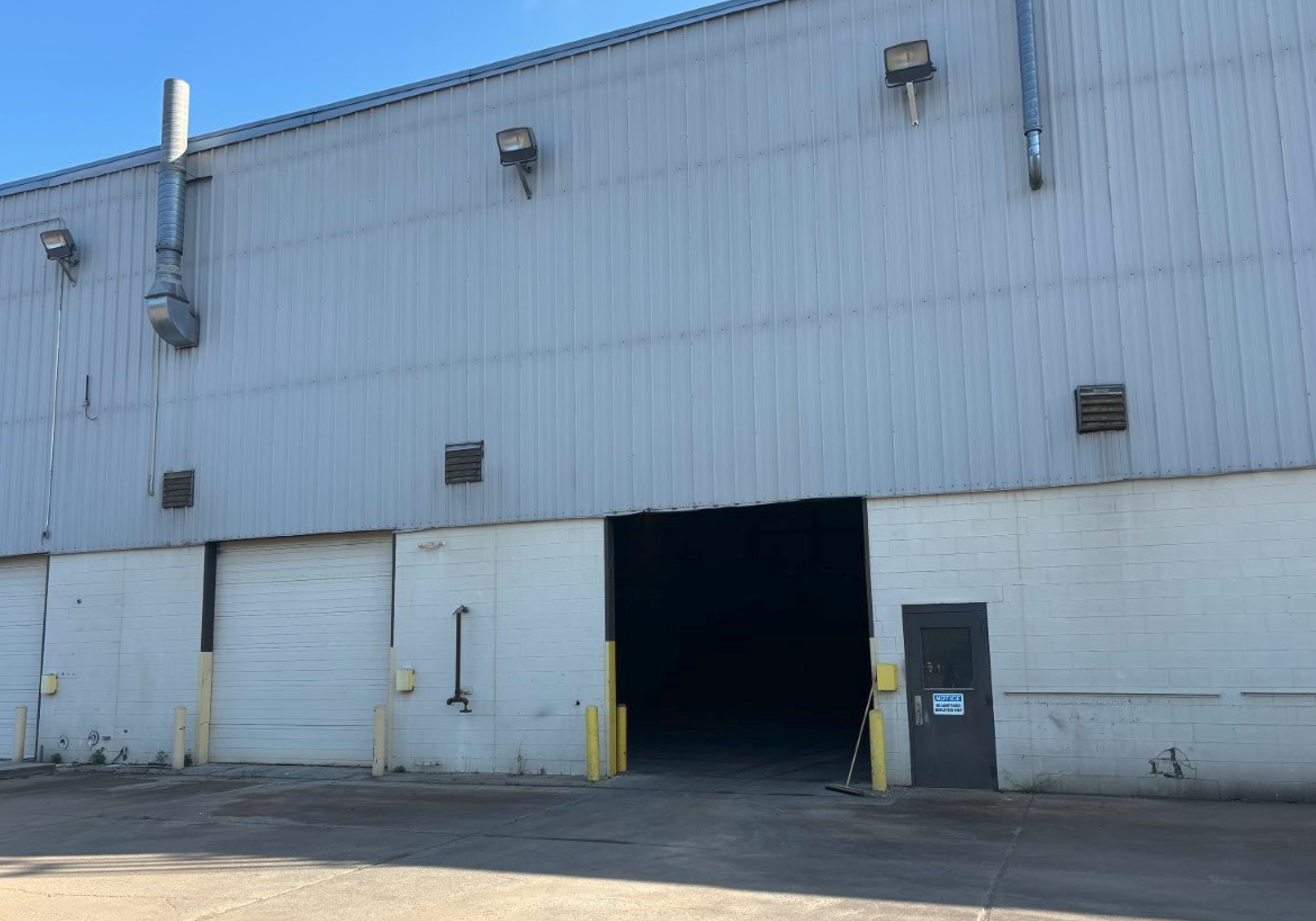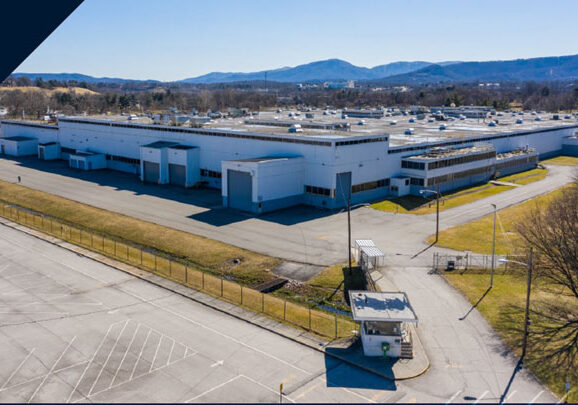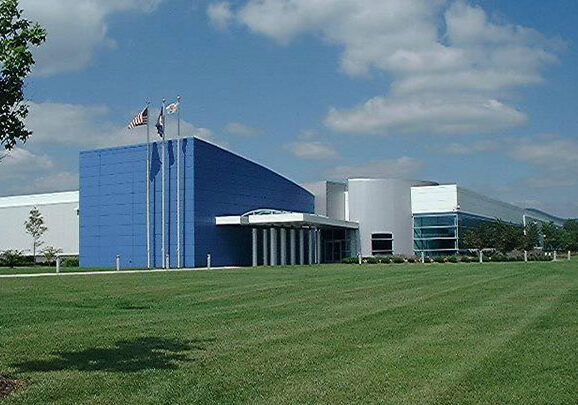Stopping the Brain Drain Talent Study Released
 ROANOKE, Va., (June 19, 2019) – The 18 jurisdictions in the Lynchburg, New River Valley, and Roanoke regions have many strengths when it comes to talent development, attraction and retention but there are opportunities to implement new initiatives to increase the talent pool as a way to grow and diversify the region’s economy.
ROANOKE, Va., (June 19, 2019) – The 18 jurisdictions in the Lynchburg, New River Valley, and Roanoke regions have many strengths when it comes to talent development, attraction and retention but there are opportunities to implement new initiatives to increase the talent pool as a way to grow and diversify the region’s economy.
That was the assessment of a study conducted as part of a GO Virginia Region 2 project called Stopping the Brain Drain, which included the work of a talent action coalition comprised of government, higher education, and business leaders from throughout Region 2 to develop strategies to increase the talent pool.
“Talent is the most important commodity of the modern economy,” said Erin Burcham, director of talent solutions with the Roanoke Regional Partnership. “We’re excited to share findings and recommendations to ensure we have a high-quality and skilled work force to grow our region’s economy.”
Burcham was joined at a media briefing by Charlie Jewell, executive director of Onward New River Valley, and Megan Lucas, CEO of the Lynchburg Regional Business Alliance, representing the economic development organizations of the GO Virginia Region 2 which collaborated on the project. GO Virginia is a bipartisan, business-led economic development initiative that is changing the way Virginia’s regions collaborate on economic and workforce development activities.
The regional project focused on finding ways to first attract talent, then engage it, and finally to retain it for employers.
Through Thomas P. Miller & Associates, a firm specializing in talent attraction, conducted focus groups and interviews – on behalf of the talent action coalition – with business executives along with a survey of regional college students and alumni. The study included input from more than 100 higher education professionals, business representatives, and young professionals through focus groups and interviews, and 1,173 regional college students and alumni from 13 area institutions through an online survey. The information was gathered last fall and winter.
“Our work assessed the region’s capacity for talent attraction and retention and identified the strengths and challenges of developing talent in the region as well as opportunities to leverage current practices and create new initiatives,” Jewell said.
A variety of industries participated, including agriculture, architecture, automotive, construction, education, energy, healthcare, finance, insurance, legal, manufacturing, technology and logistics.
“Economic prosperity does not start or end at political boundaries, so it’s critical for the Lynchburg, New River Valley and Roanoke regions to work together to attract and retain talent,” Lucas said. “We all prosper when new and skilled talent lives, works and plays in our part of Virginia.”
Study Findings
Businesses all reported some common themes when it comes to hiring needs. Those include access to a larger talent pool, especially during low unemployment; entry-level applicants with employable skills; professionals with five to seven or more years of experience; highly skilled talent; and specialized skillsets, especially in information technology and engineering.
The study revealed significant positive feedback about what it’s like to live and work in Region 2. Strengths of the region include natural beauty; mix of both metro and rural areas; close-knit communities; outdoor recreation; close access and transportation to larger metropolitan areas; cost of living; safety; civic engagement opportunities; strong postsecondary institutions; and openness to community development.
The region, however, faces some challenges when it comes to attracting talent, particularly young professionals. These factors include cultural diversity, dating opportunities and local retail and dining.
College students, when considering where to live after graduation, cited employment opportunities, cost of living, affordable housing, safety and outdoor recreation as well as employer compensation, benefits and career advancement opportunities.
Businesses, meanwhile, said they prefer local talent to limit relocation costs, to increase retention and to avoid going outside the region for highly skilled or experienced positions.
“Our region offers many of the factors that job-seekers are looking for and employers need workers,” Lucas said. “So we need to do more to connect employers with talent.”
The study found that most college students said they would search for jobs either outside Virginia (31 percent) or don’t know (26 percent). A quarter said they would look inside Virginia but outside the Region 2. Just 18 percent said they would search within the region – an opportunity to improve.
The study’s findings will help the coalition strengthen, create and implement strategies and initiatives to attract and retain regional talent. The focus will be on promoting engagement and awareness among community partners, businesses, and regional students.
Some of these recommendations include:
- Continuing to increase marketing efforts based on regional strengths.
- Targeting post-secondary institution students who have not yet decided where to pursue employment after graduation, presenting the region as a viable option.
- Emphasizing employment opportunities, cost of living and affordable housing to graduating college students.
- Creating connections with alumni networks to draw back graduates who have left the region.
- Facilitating connections between higher education institutions and businesses.
- And increasing opportunities for young professionals to be engaged in the community and meet and interact with their peers.
From a programming perspective, that could mean:
- Young professionals networking and groups to keep young professionals engaged with their peers after graduation.
- Mentoring programs to develop talent and provide individual opportunities for networking and growth.
- Internship programs and other work-based learning to assist in creating a talent pipeline through hands-on learning and experience.
- Affinity groups to gather community members with like interests for engagement and relationship-building.
- Sector-based organizations to facilitate industry networking and promote career advancement opportunities.
The sub-regions already are working on these types of initiatives guided by the results of the Stopping the Brain Drain project.
The Roanoke Regional Partnership in 2017 created Burcham’s position because of the impact of talent on the region’s economy. Since then, the Partnership has connected colleges and businesses with campus events, student field trips and other activities, building on the region’s livability and leveraging the 25 colleges and universities in the greater region. The Partnership’s work under the Get2KnowNoke brand and its website, Get2KnowNoke.com, and social media promotes the region to talent.
In addition, the Partnership offers year-round professional development and networking events aimed at retaining the talent already in the region. That includes the annual Experience conference, which this month attracted 200 younger professionals for two days of leadership training and networking, and a newly launched internship program that engages almost 50 summer interns working in the Roanoke area in activities that will make them want to come back here as full-time professionals.
Earlier this year Onward New River Valley promoted James Cabler to director of business engagement, a new position to focus on helping local businesses connect to the higher education assets in Virginia’s New River Valley. With the goal of increasing the number of college graduates who remain in the region post-graduation, Onward NRV is developing a summer internship consortium program, launching in 2020, to help students build meaningful connections with the businesses and communities in the region.
Onward NRV also is working on an industry branding initiative to establish Virginia’s New River Valley as a nationally recognized hub for professionals in information technology and advanced manufacturing. A series of videos will be released later this year to showcase local employers and in-demand careers within these industries. Enhancements are currently planned for the Virginia’s New River Valley website, TheNRV.org, that will include a regional job board to connect individuals to employment opportunities in the region as well as an online relocation guide to assist people who are moving to the NRV.
Meanwhile, the Lynchburg Regional Business Alliance will be planning and implementing three new programs:
- Seize the City, open to all interns and college students working in the Lynchburg Region, is a series of community engagement and professional development opportunities in the region.
- Level UP, a young professionals summit bringing young professionals together to grow personally and professionally, to learn about community and convert insight into real, positive action using strategic imagination to see beyond today.
- Leading off Campus, a semester-long program to bridge the gap between collegiate students and local industry to increase retention of collegiate talent to the region while equipping them with the core competencies they need to excel in their first professional roles. The Alliance has a goal to retain 10 percent of college graduates.
